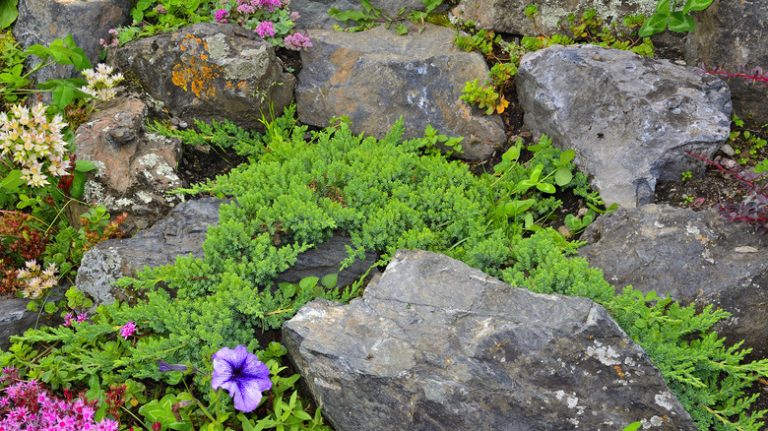If you’ve found your lawn invaded by the troublesome black medic weed, you’re probably searching for an effective way to show it the door. Among various remedies and professional options, one common kitchen staple stands out for its unexpected efficacy: vinegar. Intriguingly, a robust 20% vinegar solution has garnered acclaim for its capacity to scorch the leaves of this intrusive plant, thereby halting its growth in its tracks. This approach isn’t just hearsay; it’s supported by scientific research. A 2002 study published in the journal Proceedings of Northeastern Weed Science Society verifies that vinegar solutions of 5% and 10% concentrations can dispatch these weeds within their initial two weeks of life.
Recognizing this common weed is your first step in the battle. Black medic (Medicago lupulina) hails from Europe and Asia but has made itself at home across the globe, thriving in a variety of settings. This weed is marked by its petite, yellow blooms and clover-like foliage, which spread low across the ground to form mats that steal nutrients and real estate from your lawn or garden plants. But its nuisance extends beyond the visual; black medic’s presence often points to deeper soil problems, such as compaction, signaling that your green space might require more comprehensive intervention than merely cosmetic touch-ups. Since it is an annual, the best time to target the weed is before it sets seed, usually in late spring or early summer. This timing disrupts its growth cycle and reduces its chances of spreading.
Why vinegar works against black medic

Vinegar acts as a potent contact herbicide against black medic, using its acetic acid to rupture plant cells, leading to dehydration and death of the weed. It’s essential for the vinegar solution to thoroughly coat the leaves and growth points of the black medic for it to be effective. You can use regular household vinegar, which usually contains about 5% acetic acid, but for a more robust action, opting for herbicidal products with a 20% to 30% acetic acid concentration can significantly boost your weed-killing efforts. However, it’s worth noting that even with its potent effects, vinegar may not achieve a complete kill in just one go, especially since black medic has the ability to resprout. This trait doesn’t mean all hope is lost. Since black medic is an annual weed, your goal is to suppress its growth until it naturally dies off as the colder months roll in.
Applying the vinegar solution to get rid of the weed requires precise timing and application. First, ensure you’re wearing protective clothing to shield your skin and eyes from irritation. When applying, you’ll want to make sure every inch of the weed’s foliage is coated with the solution for it to work its magic. Moreover, repeated applications may be necessary for stubborn plants or to tackle new growth.
Considerations when using vinegar as a herbicide

While vinegar can be an effective herbicide against black medic, there are several important factors to consider. Firstly, acetic acid is non-selective, meaning it can harm any plant it comes into contact with, not just weeds. Care must be taken to avoid damaging desirable plants in your lawn or garden. Moreover, it’s crucial to understand that acetic acid’s tenure in your garden is fleeting. Unlike some herbicides that linger in the soil, promising extended weed control, vinegar boasts no such longevity. Its effects are immediate and fleeting, which means that repeated treatments may be necessary to manage new weeds as they emerge. If new weeds dare to surface, they, too, will need a dose of your vinegar solution to keep your garden in check.
Also, keep in mind that the power of vinegar shines brightest under the blazing sun. Warm, sunny days amplify its herbicidal prowess, a fact that can be further leveraged by mixing in surfactants. These additives help the vinegar cling to the leaves of black medic, ensuring the solution stays put to do its job effectively. And while vinegar offers a more natural approach to weed control, it’s not without its protocols. Adhere to the product’s label instructions to ensure that you’re using it safely and effectively. Moreover, protecting yourself is key. Donning goggles and gloves isn’t just a suggestion — it’s a necessity to shield your eyes and skin from potential irritation.



